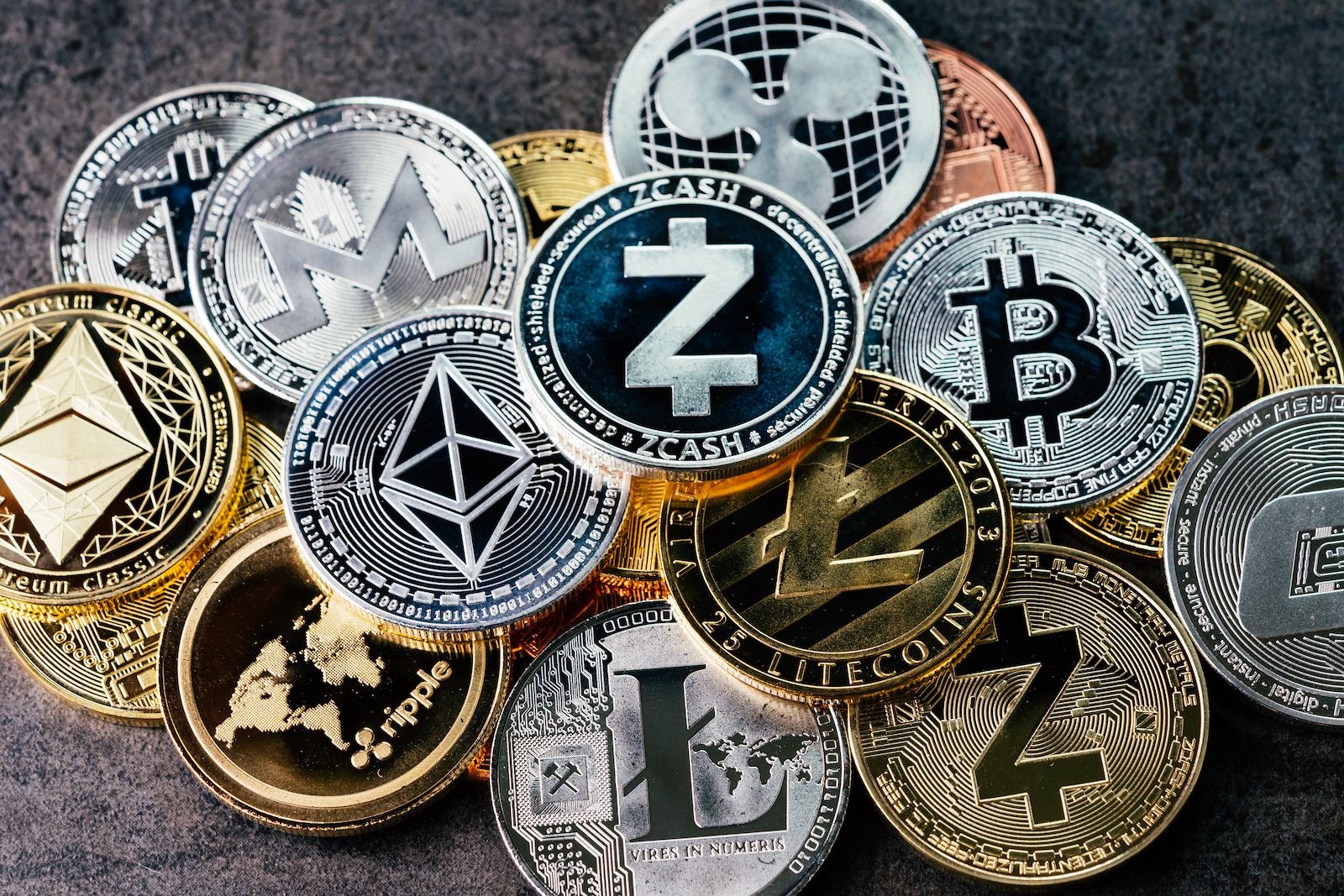What Are Altcoins?
When most people hear the word cryptocurrency they think of Bitcoin.
Alternative cryptocurrencies, or "altcoins," are digital assets that are designed to function as a medium of exchange and use cryptography to secure transactions and control the creation of new units. Altcoins are alternative to Bitcoin, the first and most well-known cryptocurrency.

There are thousands of different altcoins available on the market, each with its own unique features and characteristics. Some of the most popular altcoins include Ethereum, Litecoin, Ripple, and Bitcoin Cash.
Ethereum, for example, is an open-source, blockchain-based platform that enables the creation of smart contracts and decentralized applications. Litecoin, on the other hand, is a peer-to-peer cryptocurrency that is based on the Bitcoin protocol but with faster transaction confirmation times and a different hashing algorithm. Ripple, is a real-time gross settlement system, currency exchange and remittance network. And Bitcoin Cash, is a fork of the Bitcoin blockchain, which was created in 2017 to increase the block size limit and improve scalability.
Despite the many different features and advantages that these altcoins may offer, many investors and traders refer to them as "sh*tcoins" – a pun on Bitcoin. This is because many altcoins are seen as low-quality or unreliable investments that lack the same level of security, adoption, and overall value as Bitcoin.
One of the main benefits of altcoins is their potential for high returns on investment. Many altcoins have seen significant price increases in recent years, and some have even outperformed Bitcoin in terms of price growth. For example, Ethereum's price has grown by over 10,000% since its launch in 2015, while Litecoin's price has grown by over 2,000% in the same time period.
However, there are also several downsides to investing in altcoins. One of the main risks is the volatility of the market. Altcoin prices are highly speculative and can rise and fall rapidly, making them a risky investment. Additionally, many altcoins have a relatively low trading volume, which can make it difficult to buy or sell large amounts of the coin.
Another downside is the lack of regulation and oversight in the cryptocurrency market. There are few protections in place for investors, and many altcoins are created and promoted by anonymous developers, making it difficult to know who is behind the project and whether it is trustworthy.
Another important thing to mention is that the value of these coins tends to rise and fall along with Bitcoin, which is the tide that raises or lowers all the other ships, this is because Bitcoin is the first and most well-known cryptocurrency and its price movements often have a ripple effect on the rest of the market.
In conclusion, altcoins are alternative cryptocurrencies that offer a range of different features and potential benefits, but they also come with a number of downsides and risks. While they may offer the potential for high returns on investment, they are also highly speculative and can be volatile. Additionally, there is a lack of regulation and oversight in the cryptocurrency market, making it difficult for investors to know whether an altcoin is trustworthy. It's important to do your own research and consider the risks before investing in any altcoin.